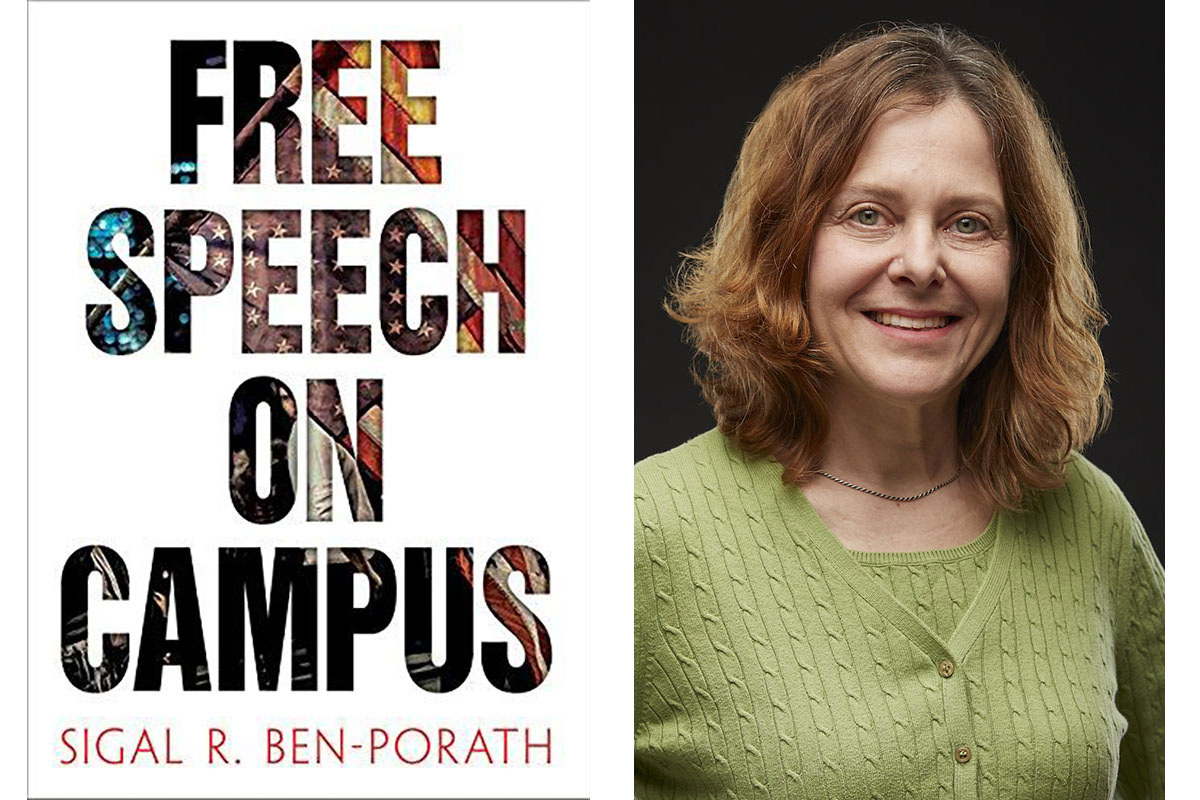Trigger warnings, safe spaces, identity politics, hate speech…higher education institutions are increasingly grappling with how to honor freedom of expression while condemning words that harass, threaten or create a hostile environment.
It’s a thorny question. “The discussion on campus speech should start with a commitment to free speech that included as one of its aspects a commitment to providing true equal access to all members of a college community,” writes Sigal ben-Porath, Professor of Education, Philosophy and Political Science at the University of Pennsylvania, in her book Free Speech on Campus, (University of Pennsylvania Press, 2017). “Speech should be recognized as an action that can promote or curtail the ability of all members of the community to participate in fulfilling the university’s mission. Calls for civility in the exercise of free speech can too easily be used to suppress and exclude others by posing requirements of decorum and politeness and demands about content of speech, focusing on what can be permissibly be discuss “in polite company.”
Speech should be recognized as an action that can promote or curtail the ability of all members of the community to participate in fulfilling the university’s mission.
—Sigal Ben-Porath
Ben-Porath, who examines how free-speech controversies arise inside and outside the classroom and offers strategies to de-escalate tensions and negotiate highly charged debate. And on Constitution Day – Tuesday, September 17th – from 5:45 to 7:30 p.m. she will lead a conversation addressing theses issues in Teachers College’s Milbank Chapel.
Ben-Porath’s talk is sponsored by TC’s Vice President’s Office for Diversity and Community Affairs. Click here to learn more.
